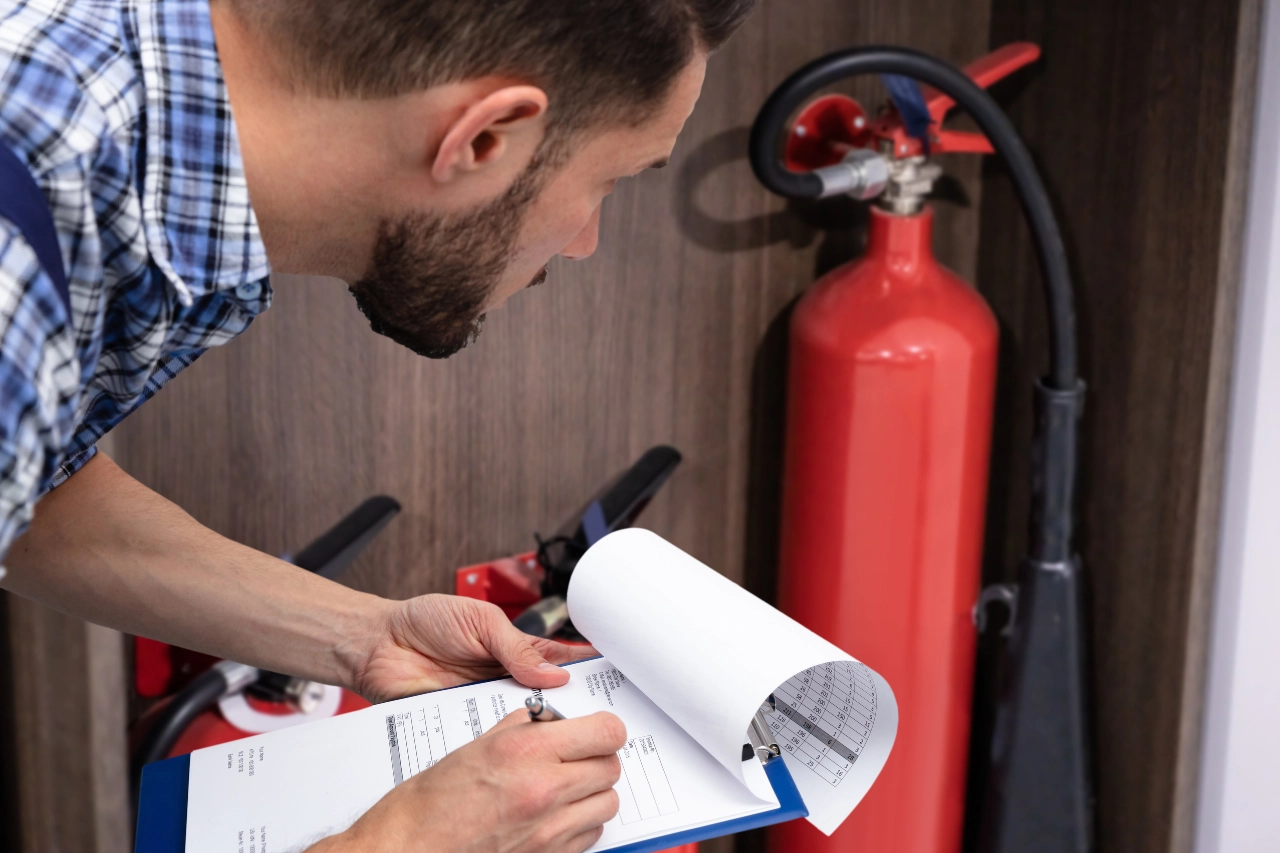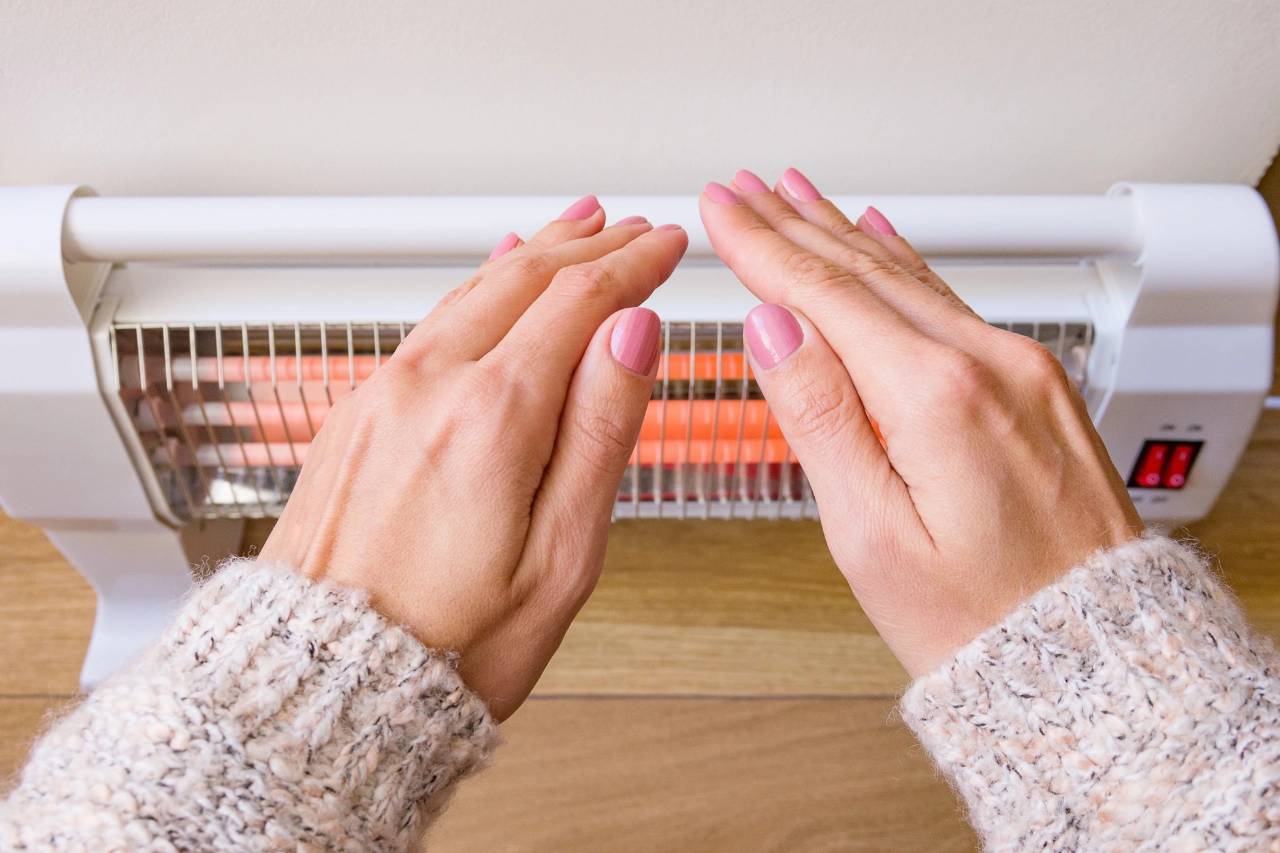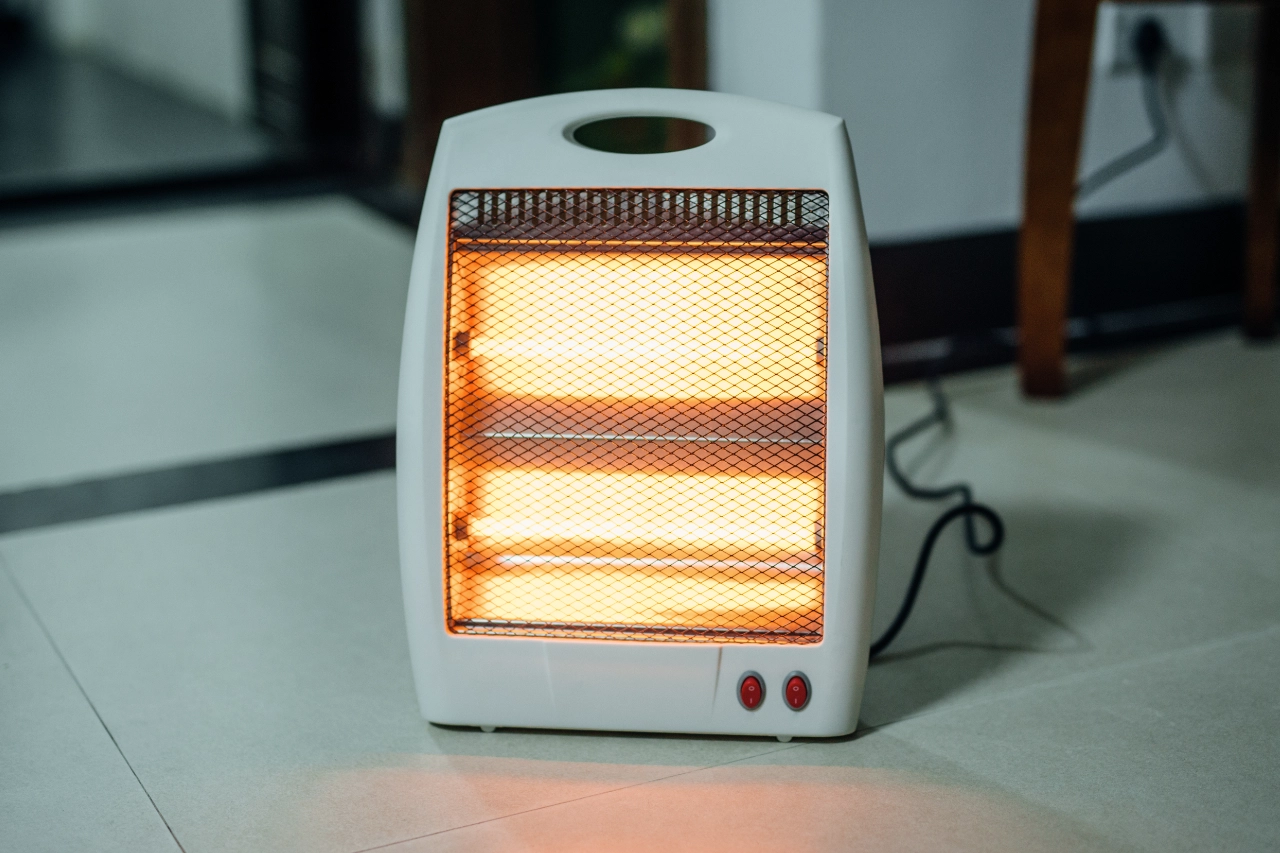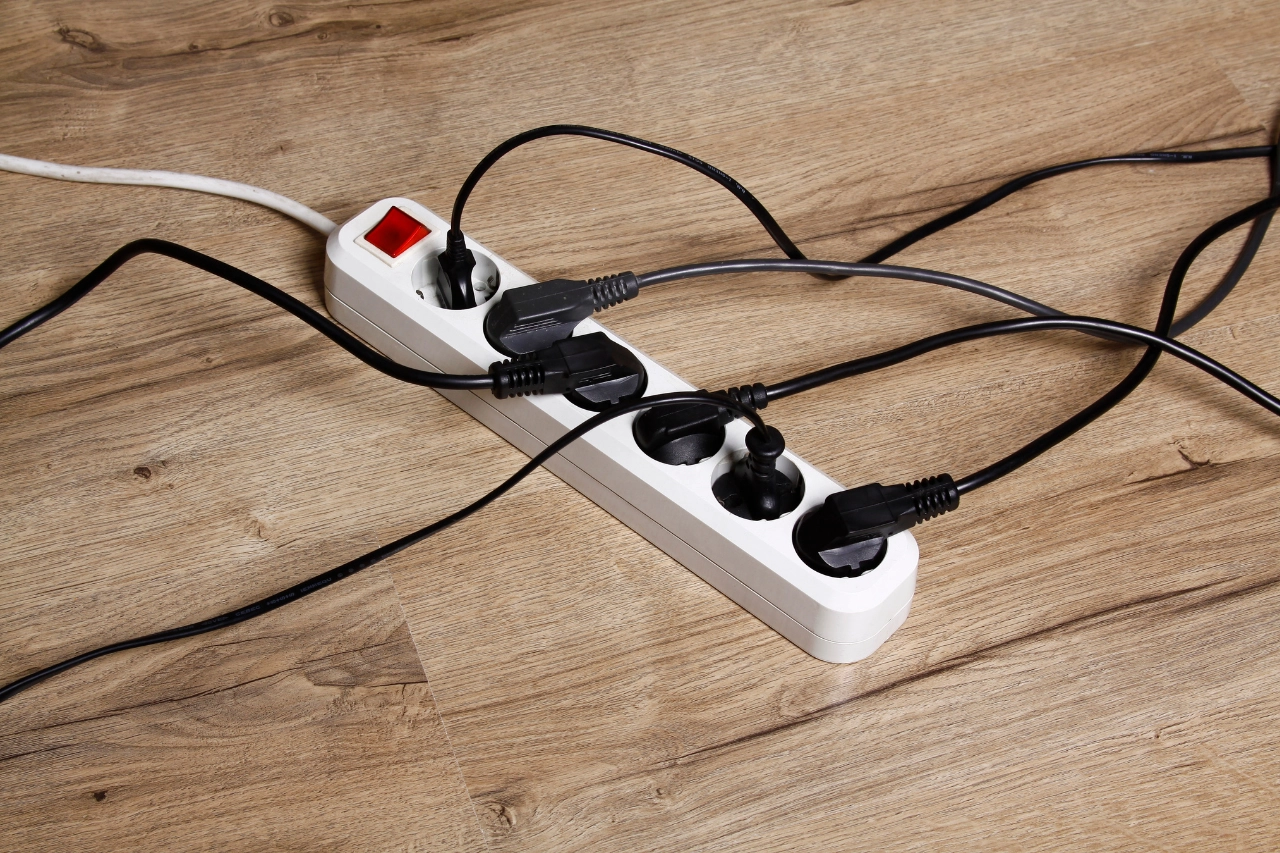22 July 2024
Electrical Safety in Your Home This Winter
With electrical issues causing 27% of the 232 house fire claims RACQ received in the past 12 months, Queenslanders need to be on the lookout for home fire dangers.

According to Paul Goan, RACQ General Manager of Property and Niche Claims, overheating wheat packs in microwaves, kitchen malfunctions, and camper fridges faults were some of the causes of house fires. Lithium-ion batteries left to charge indefinitely and explode due to overcharging or faults are also one of the biggest threats for large fires.
As the temperatures drop in Queensland, many of us rely on electrical devices to keep our homes warm and cosy. However, increased use of these appliances can lead to electrical hazards if not managed properly.
Here are some essential tips to ensure your home remains safe this winter.
- Inspect and Maintain Heating Devices
Inspect all your heating devices such as electric blankets, heaters, and Air Conditioning systems. Look for frayed cords, loose connections, or any signs of damage. If you notice anything suspicious, it’s best to replace the device or have it repaired by a professional.

- Avoid Overloading Power Outlets
Winter often brings an increased use of electrical devices. Ensure that you don’t overload power outlets and power boards. Overloading can cause overheating and potentially lead to fires. Use power boards with built-in surge protectors and distribute the load across multiple outlets if necessary.
- Use Heaters Safely
When using space heaters, ensure they are placed on a flat, stable surface away from flammable materials like curtains and furniture. Never leave heaters unattended and always turn them off before going to bed or leaving the house. Also, make sure your heater has an automatic shut-off feature in case it tips over.

- Install Smoke and Carbon Monoxide Detectors
Ensure your home is equipped with smoke and carbon monoxide detectors. Test them regularly and replace the batteries at least once a year. These devices can provide critical early warnings in case of electrical fires or carbon monoxide leaks from heating systems.
- Keep Electrical Cords in Good Condition
Inspect all electrical cords for damage. Replace any that are frayed or have exposed wires. Never run cords under rugs or furniture, as this can cause them to overheat. Use cord organisers to keep them neat and reduce tripping hazards.

There are plenty of checks and safety measures you can perform yourself, however, any electrical work or concerns must be addressed by a licensed electrician. Contact us if you have any concerns or would like more information on an electrical safety inspection for your home.
Our licensed electricians can also perform a thorough $99* compliance check of your current smoke alarm system and provide a recommendation on upgrades if required.
In Case of Fire:
Dial 000 immediately and report the fire. Wait in a safe location for firefighters to arrive.
